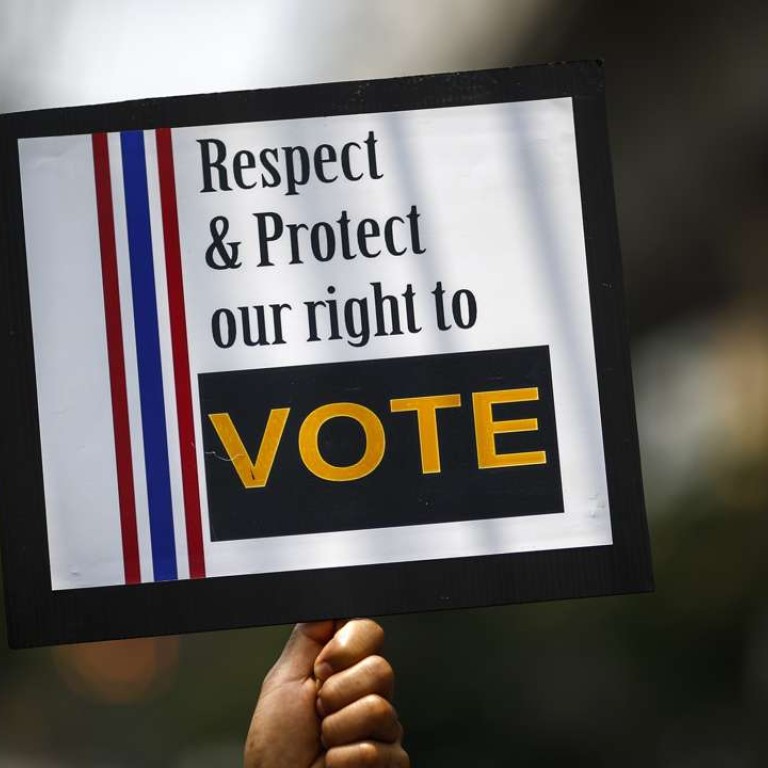
Thailand’s junta to lift political party ban for 2018 elections
The junta is drawing up a series of yet to be published laws that will define who can form a political party
Thailand’s junta chief on Wednesday said he plans to lift the ban on political party gatherings before next year’s elections, although he declined to put a date on polls or state when the restrictions will be lifted.
The military seized power in 2014 ushering in Thailand’s most autocratic government in a generation.
Former army chief turned Prime Minister Prayuth Chan-ocha said the coup was necessary to end a decade of political instability and root out corruption.
He has banned political parties from meeting, cracked down on public dissent and granted himself the ability to pass any law in the name of national security.
The cornerstone of the military’s reform agenda has been a new constitution which was given royal assent earlier this month, triggering a countdown towards elections.
“The election process will begin next year,” Prayuth told reporters, saying first the country must hold a cremation for late King Bhumibol Adulyadej, an event likely to take place in late October.
“In 2018 we will go ahead with holding elections and political parties will be able to hold meetings.”

His comments are the first time Prayuth has confirmed civilian parties will be able to meet in the run up to elections.
However there are lingering questions over how much power any future civilian government will have under the new constitution - the country’s 20th since 1932.
The new charter provides for a junta-appointed upper house - including six seats reserved for the military - and a proportional voting system likely to reduce the influence of major parties.
The constitutional court, a frequent thorn in the side of elected governments, will be strengthened, making it easier to impeach a civilian leader.
The military has also said any future government must adhere to a “legally binding 20-year-plan” for the country that is still in the works.
The junta is also drawing up a series of yet to be published laws that will define who can form a political party.
Over the past 10 years Thais have witnessed repeated rounds of deadly protests, a string of short-lived governments and two military coups that deposed elected leaders.
Their billionaire clan is popular among Thailand’s rural and urban poor and they have urged a return to elections.
But the Shinawatras are hated by Bangkok’s military-backed elite, who accuse the family of corruption and nepotism.
Since their coup the military retroactively impeached Yingluck and she is currently facing a negligence trial that could see her jailed for up to a decade.

.png?itok=arIb17P0)